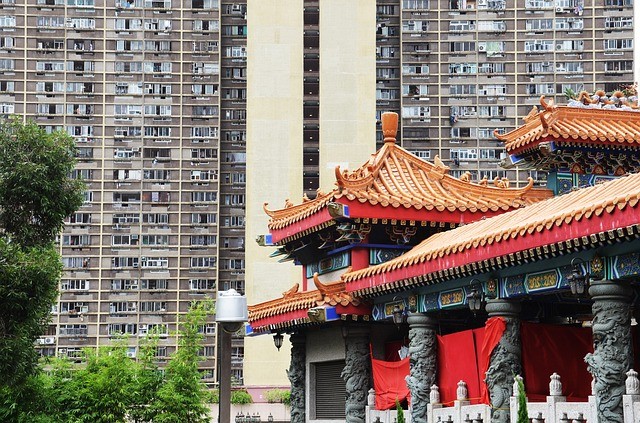It goes without saying that renting in Hong Kong is a jungle. From cramped spaces to extortionate monthly rents, it can seem that the entire market is against you at times. However, armed with some key renting tips, you might be able to smooth out the whole process.
Narrow down your renting options
Many renters often ‘carpet bomb’ when searching for their home, meaning they look at literally every option available to them. This can mean they wind up commuting more than necessary, living in an unsafe area or on the other hand, living in the most expensive part of town. Before viewing any apartments, it is logical to narrow down the areas that you are happy to live in. This should work like a shortlist. Firstly, list all the areas you are interested in. Then, from these elect your top five (or less, depending on how many zones you have included). Then, your top three or top two. It is always worthwhile adding a couple of pros and cons to each neighbourhood you have listed to keep in mind. Of course, living on Hong Kong Island means that your rent will be astronomical, whereas Kowloon is noticeably cheaper. Whereas it can be said that there is no such thing as an ‘unsafe’ part of Hong Kong, some areas are certainly nicer than others. Whilst parts of Kowloon may come under fire for being crowded and dirty, there are other zones which offer a lot to expats and can save on rent. So, do your research and take some time to check out the different neighbourhoods yourself, rather relying solely on recommendations from others.
The rental contract
Here is where matters can become much more complicated. It is advisable to hire a lawyer or property expert for this part of the rental process. Laws and agreements that may exist in your own country to protect the renter and the landlord may be somewhat different here. Resting on your laurels and presuming facts before verifying them can be costly. Go over the deposit first, making sure you understand exactly what it covers, and how much it can amount to. It is also essential to make sure the contract has a clause that entitles you to receive the deposit back in full under certain conditions. If certain repairs, bills or wear and tear are included in deductions from your deposit, you must stipulate exactly what these are at the time of signing. Also, take a close look at any penalties for breaking the contract, for both parties. This may mean that if you leave the lease early, you are responsible for finding a replacement tenant. On the other hand, your landlord may be liable if they break the contract in any way. As rental leases in Hong Kong usually run for two years, there is often a ‘grace period’ whereby you can break the contract within the first year, with up to three months´ written notice. Make detailed notes on your responsibility as a tenant. Ensure that the contract clearly states who is responsible for repairs and what kind of repairs are covered. If the lease is obligated to pay the utility bills, this should also be included in the contract. It also goes without saying that you should receive an inventory at the time of moving in and a hand-over receipt, which will specify the general condition of the flat and if any repairs have been done.
Saving yourself some money when renting
While the amounts that you may have to pay out look staggering, there are ways in which you can save some money. With some consumer know-how and some renting savvy, you can cut out a lot of unnecessary expense. For example, look at what are known locally as ‘Tong Lau’s’, these are older buildings, rather than the brand new, sparkling housing estates that many renters automatically head for. Many of these have been renovated within recent years to attract expats who are priced out of the housing market in Hong Kong. Of course, it would be wise to check that the renovations have been completed before moving in as there is nothing worse than waking up to construction work early in the morning. The advantage of an older building is that generally, they are more affordable and are often bigger. With modernisation, many offer the same amenities as newer flats without the hefty price tag. When budgeting, make sure that your finances are realistic. If renting in central areas will stretch your finances but limit your commute, ask yourself which will matter most to your overall standard of living. Bear in mind that the closer to a subway line you live, generally the more expensive it will be, especially if these are newer lines. Many cheaper areas in Hong Kong have shot up in price, thanks to the improvements to public transport. Most importantly, really dedicate time to investigating the area. What may seem like an up and coming neighbourhood may be terribly noisy at night or have little to offer in the way of relaxed entertainment.




